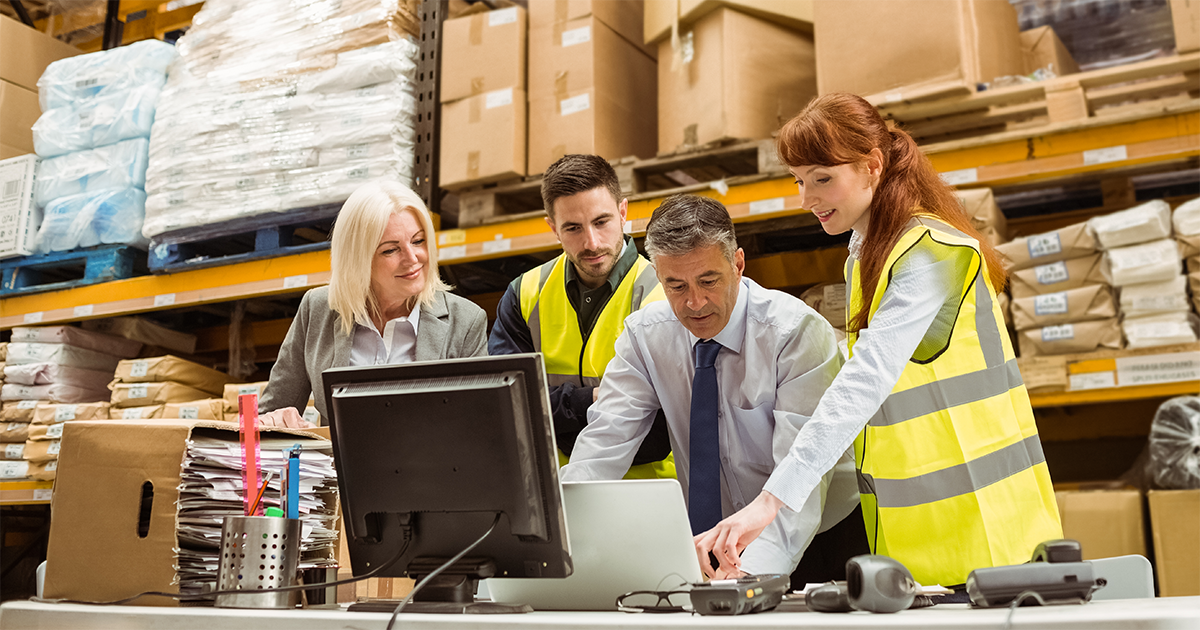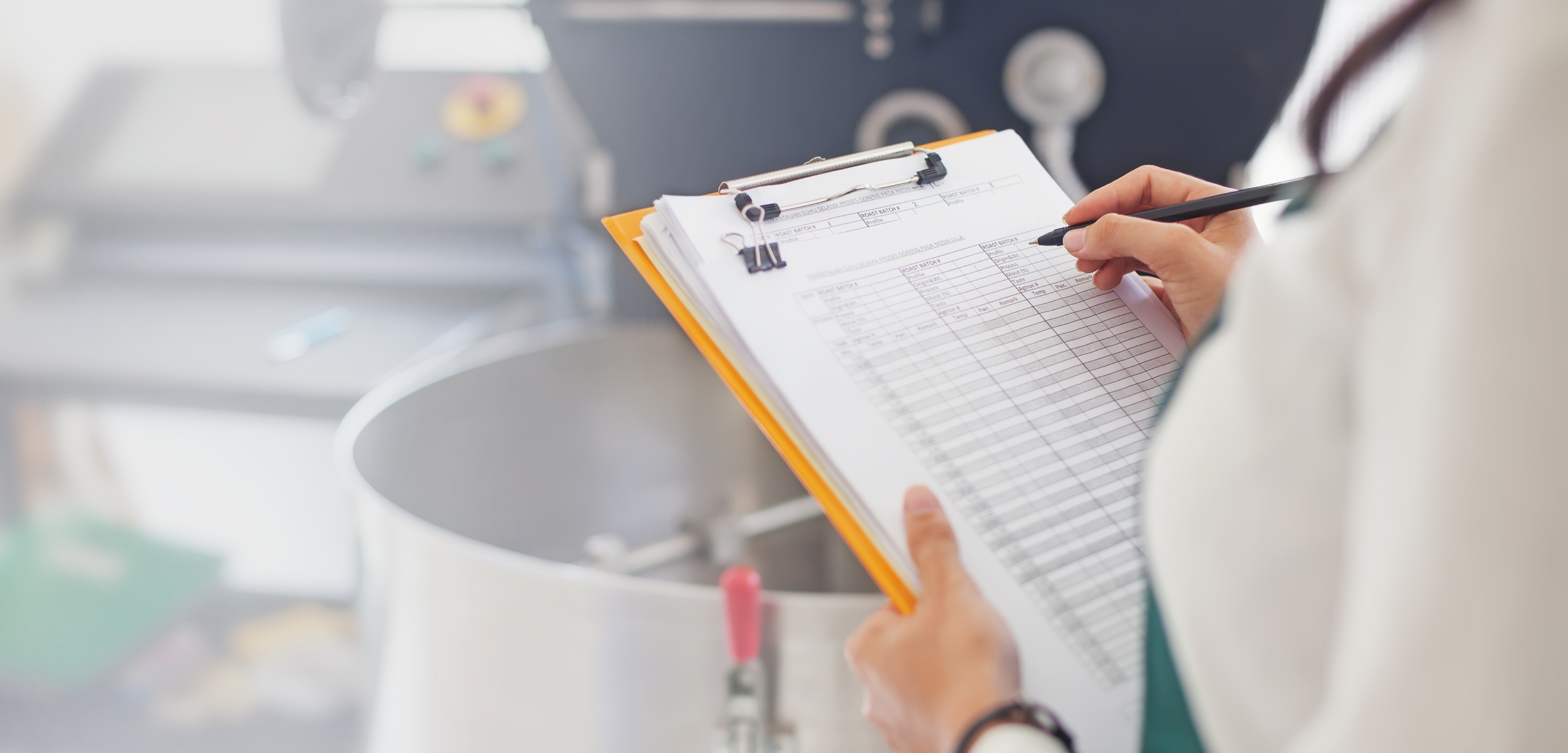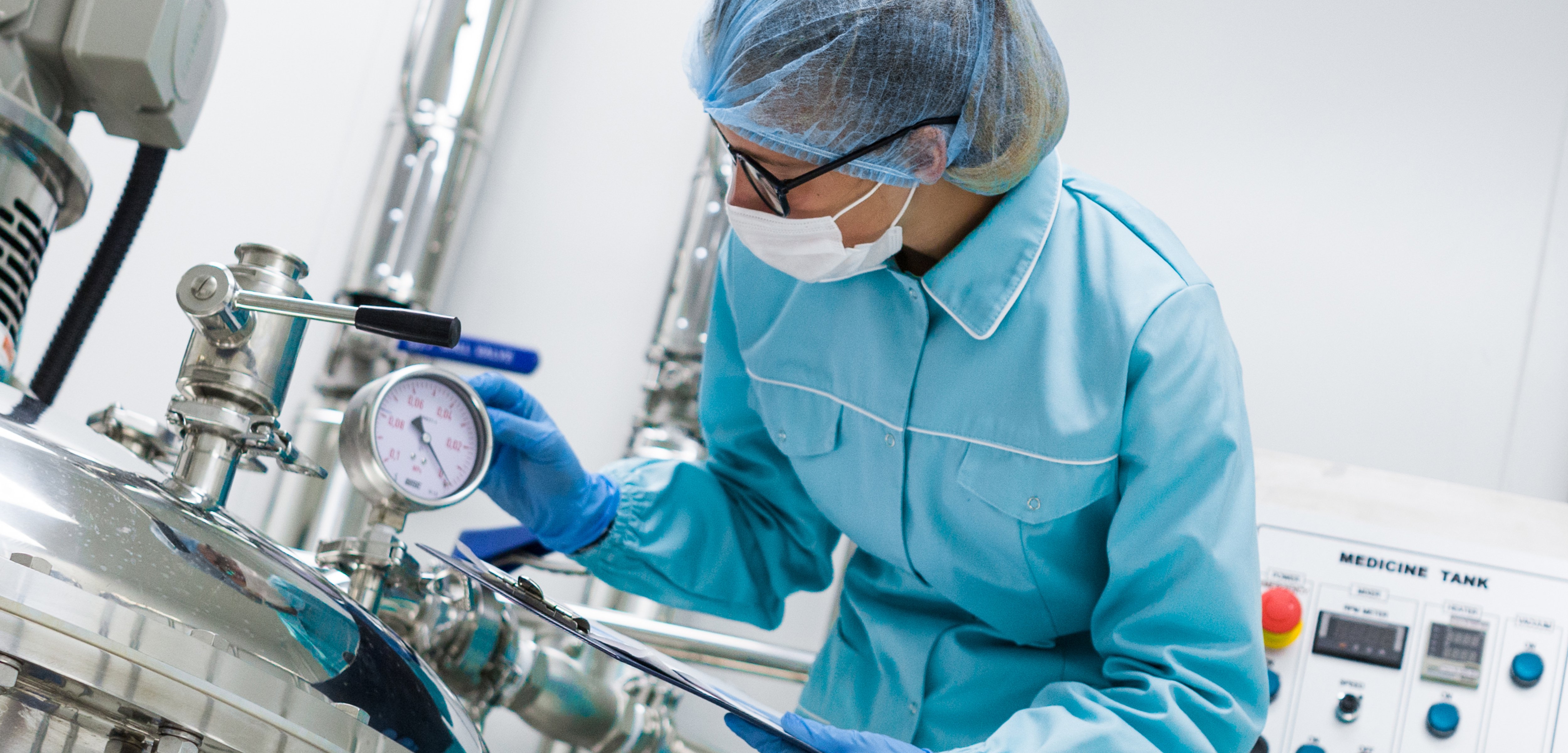Validation is a complex and multifaceted process that's essential across a variety of regulated industries. Have questions about validation as it relates to your organizational needs? We've taken seven common questions about validation and provided answers that will help you determine how to...
Read MoreSensors used in industrial equipment, like those that measure temperature, humidity, and pressure, are designed to be accurate and precise. However, in applications where these measurements are critical for process control or product safety, calibration is needed to confirm that sensors are working...
Read MoreSoftware validation, also called “computer system validation”, is a process that confirms a piece of software is designed for and satisfies its intended purpose. It involves reviews during software development or selection, and systematic installation procedures and testing during deployment....
Read MoreThe AS9100 standard is a document that contains the requirements for implementing a quality management system (QMS) for companies operating in the aerospace industry (aviation, space, and defense). It is the prevalent standard used globally, and in general any companies doing business in this area...
Read MoreThe rapid pace of technological change in recent years, particularly when it comes to the Internet of Things (IoT), has reshaped many industries — including environmental monitoring. Cloud-based, remote monitoring via internet-enabled data loggers and a central interface to track them all has made...
Read MoreIn regulated industries, we often encounter materials and processes that are highly sensitive to temperature and humidity. The storage of certain pharmaceuticals is one example. In these situations, temperature mapping, also referred to as thermal mapping, is a GxP method that is used to prevent...
Read MoreAccording to the FDA, “the term qualification refers to activities undertaken to demonstrate that utilities and equipment are suitable for their intended use and perform properly. These activities necessarily precede manufacturing products at the commercial scale.”
Read MoreFood safety is an underlying concern touching every corner of the food industry, from manufacturers and distributors to the consumers ultimately eating the food. Hazard Analysis and Critical Control Points (or HACCP) is an internationally-recognized method of identifying and managing the risks...
Read MoreThe rapid pace of technological advancement in the past few years has resulted in the ascension of the Internet of Things (IoT), an online environment in which computers and objects can communicate via an internet connection. This seismic change has impacted many areas of modern life, from security...
Read MoreEnvironmental monitoring refers to the process of collecting environmental data over time and monitoring for any changes that could be detrimental to the manufacturing or distribution of a product.
Read More









